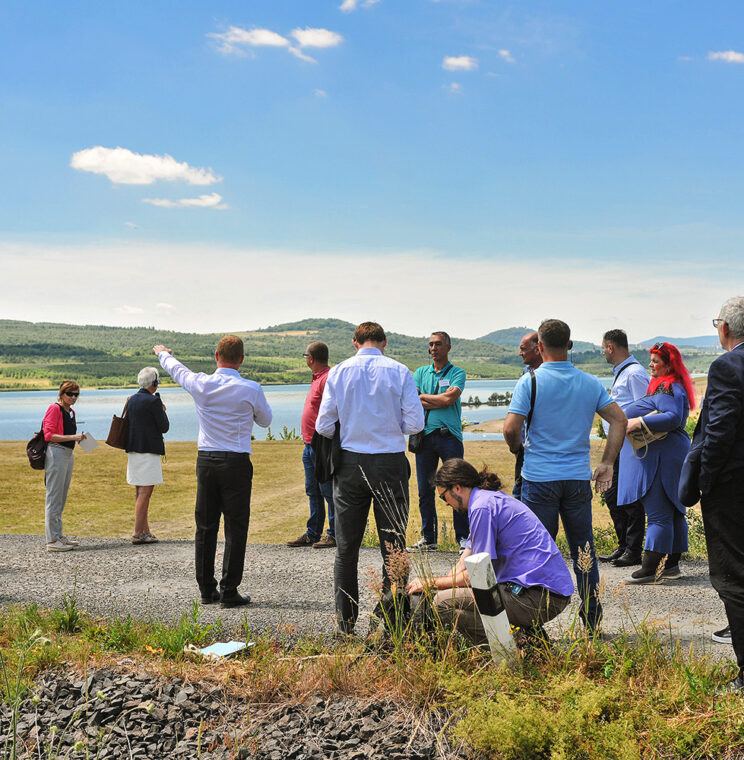The social value of informal psychosocial care in cancer
The majority of (former) cancer patients struggle with anxiety about their disease. The formal healthcare system is insufficiently capable of providing psychosocial support to patients and their loved ones. However, informal psychosocial care for cancer patients greatly improves the quality of life of patients and their loved ones, new research by Ecorys shows.
Background
Both the risk of getting cancer and surviving cancer have been increasing significantly over the past years. There are expected to be nearly 1.4 million people who have ever been diagnosed with cancer and are still alive in 2032. These people may still need long-term care, such as psychosocial care. Formal care providers recognize the added value of psychosocial care, but experience limitations in offering it themselves. The formal care system is insufficiently capable of offering psychosocial support to the growing group of patients and their loved ones.
IPSO therefore explores the possibilities for future-proof organization and funding of (informal) psychosocial care in cancer. Part of this is a study of the social business case of informal psychosocial care in cancer, which Ecorys executed.
Key findings
The research showed that over 70% of visitors to IPSO centres experience great to very great improvement on all dimensions of positive health. Half of all respondents rated the contribution of IPSO centres to their mental well-being, quality of life, social participation and sense of purpose with a grade of 8 or higher.
In addition, it is estimated that should IPSO centres be absent, this will lead to an increase of 150,000 to 200,000 consultations with health care providers, including general practitioners. In addition to this relief of formal care, IPSO centres thus provide annual savings of €8 to €11 million in healthcare costs. There is also an expected positive effect on reintegration into the workforce. This effect can reach €30 million per year.
In summary, informal care and support fulfil an important role in cancer and meet the needs of patients and their loved ones. IPSO centres thus realise an important social value in a cost-effective way: better quality of life, greater well-being and social participation for a large group of people living with and after cancer and their loved ones.
For more information and a complete overview of the results, read the full report (Dutch).

25 July 2024
2 minute read
Key Experts
Casper Horlings
Junior Consultant
Rana Orhan Pees
Senior Consultant



